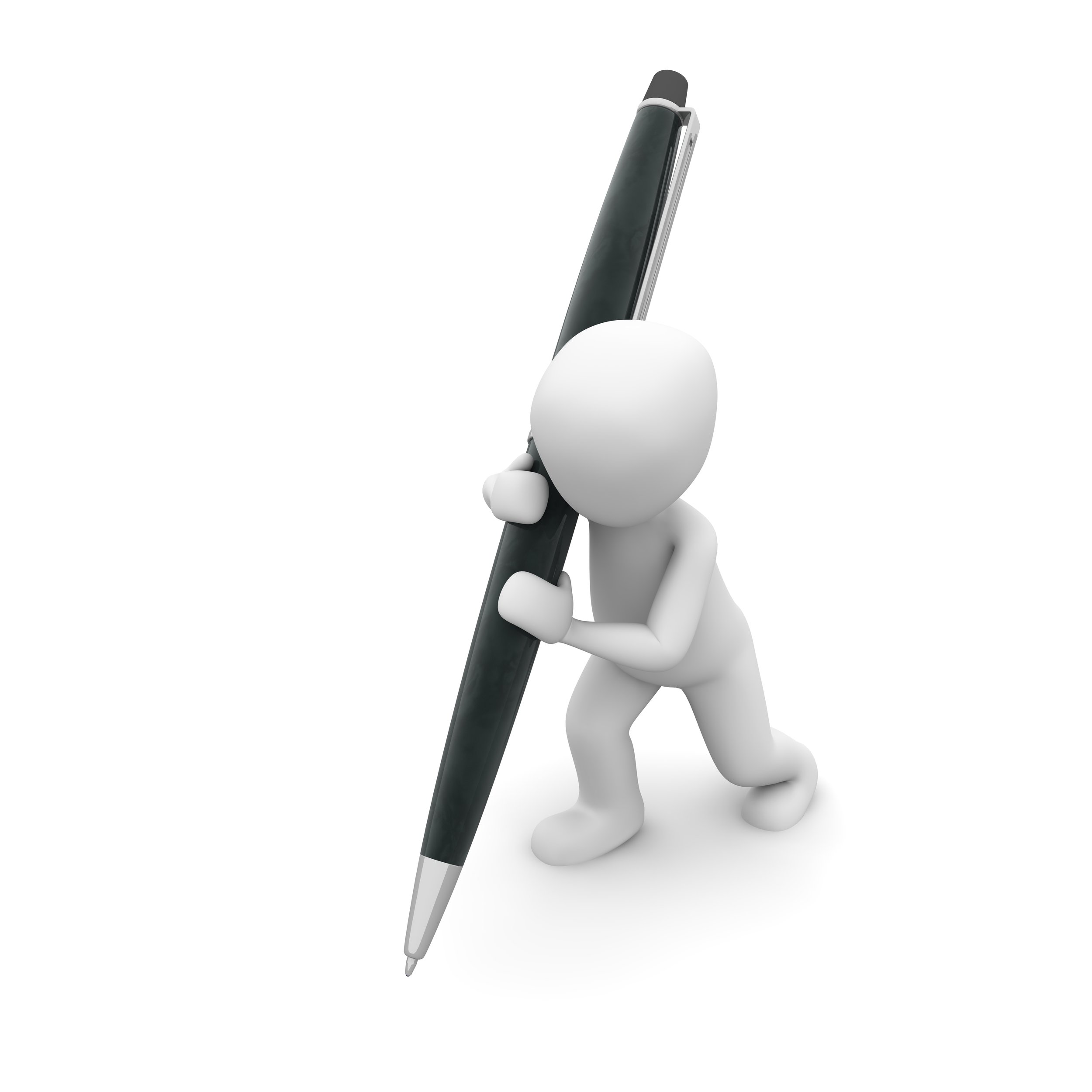musings on the act of editing and the art of language.
__________
On vetting editors
Is more and more testing the answer?
We’ve got a problem in tech.
We require a lot of our editors, more so than is usual in other disciplines.
The editors who work in tech need to be clear and logical thinkers, but also nimble and creative . . .
__________
On the skill involved (tuned also to context)
Perhaps it comes down to what you mean by “grammar”
I would argue that while for writers grammar can be (to quote Joan Didion) “the piano they play by ear,” this won’t do for editors. Editors should not only know how to read the notes, they should be able to compose the music.
GOOD EDITORS WORK INSIDE THE STRUCTURES OF THOUGHT
When you understand the structures that we weave thought into — the structures that make up phrases, clauses, entire sentences — when you learn how to shape and reshape them for different purposes, then you command thought, you command language.
Becoming a worker of words
Read deeply and broadly in the literature of the language (fiction and non) across time — taking in the rhythms of it, the cadence, the marshaling of words on the page, the words themselves.
It goes well beyond “grammar”
Editing means paying close attention. And being informed. It means questioning every detail from the smallest to the largest.
In response to the claim that no two editors will edit alike, the unstated corollary being that all editorial decisions must be equally good
Well, it’s true that no two editors will come up with exactly the same solutions. Each editor will bring individual sensibilities to the work, as well as different ranges of experience, different schooling.
__________
On language
“Grammar” is how we think
When one of our nieces was a toddler, her mother stepped out of the room for a few moments only to hear a resounding crash. As my sister-in-law rushed back into the room, she saw a tableau . . .







